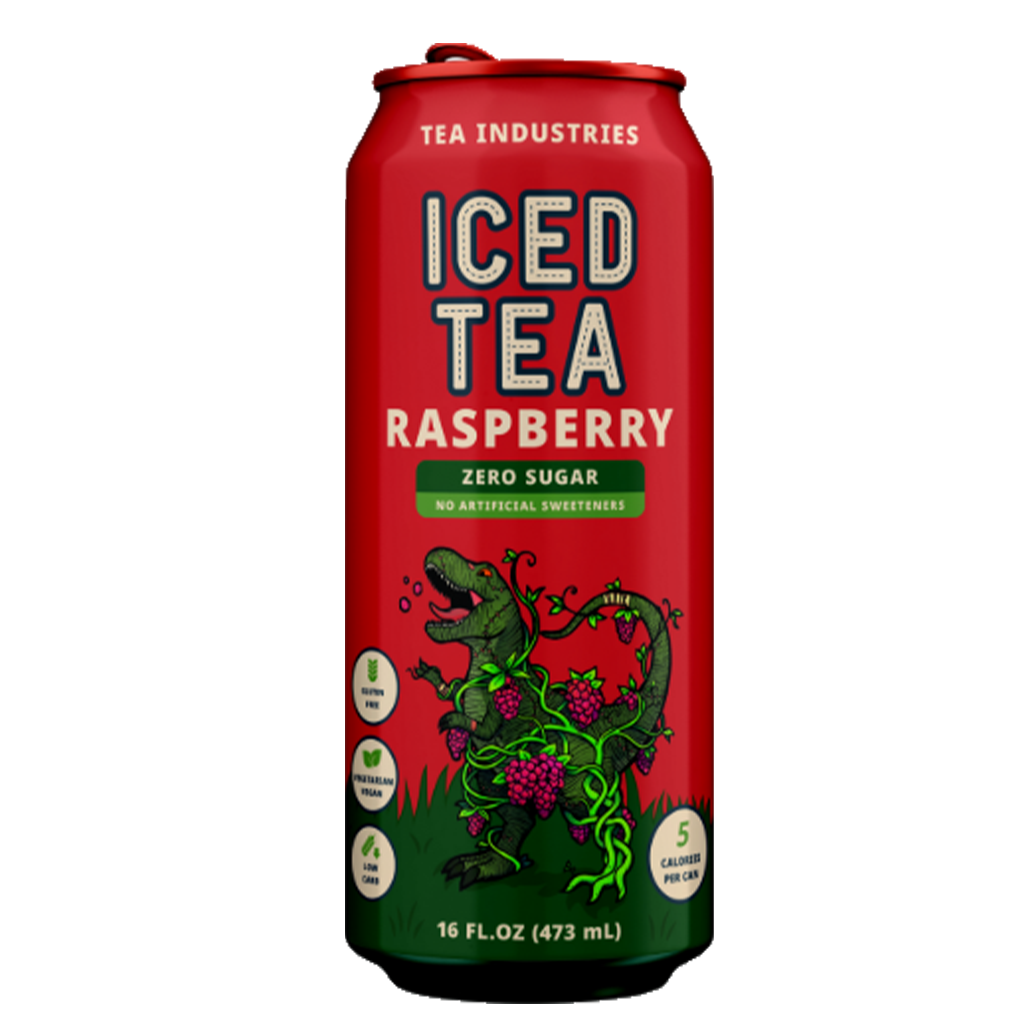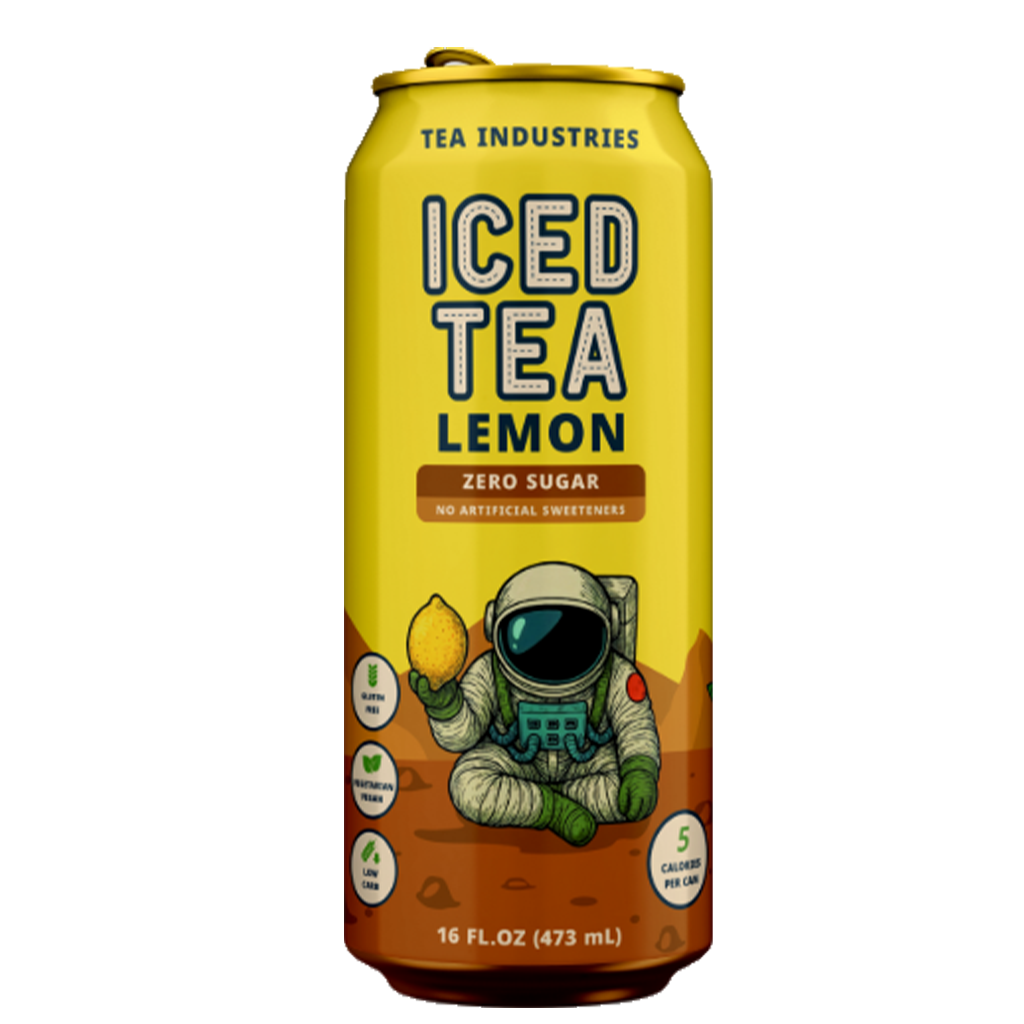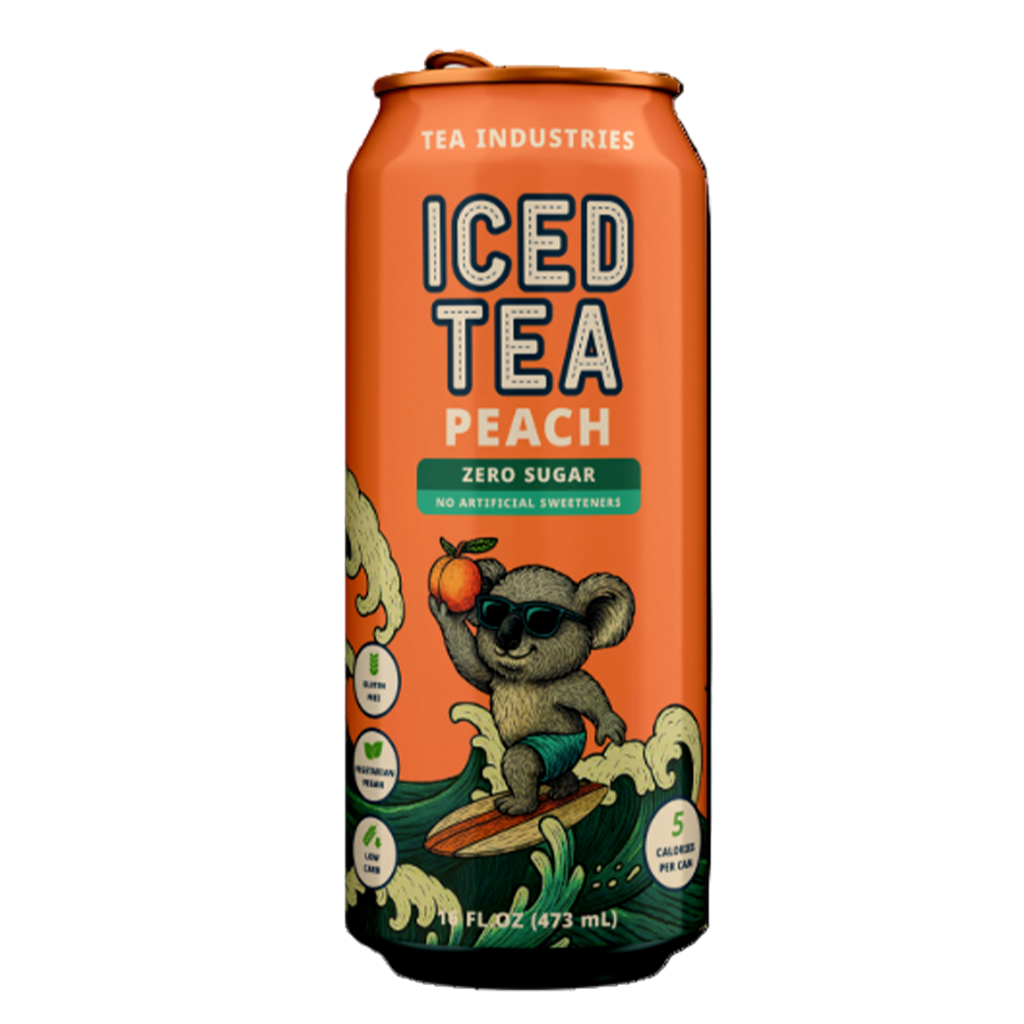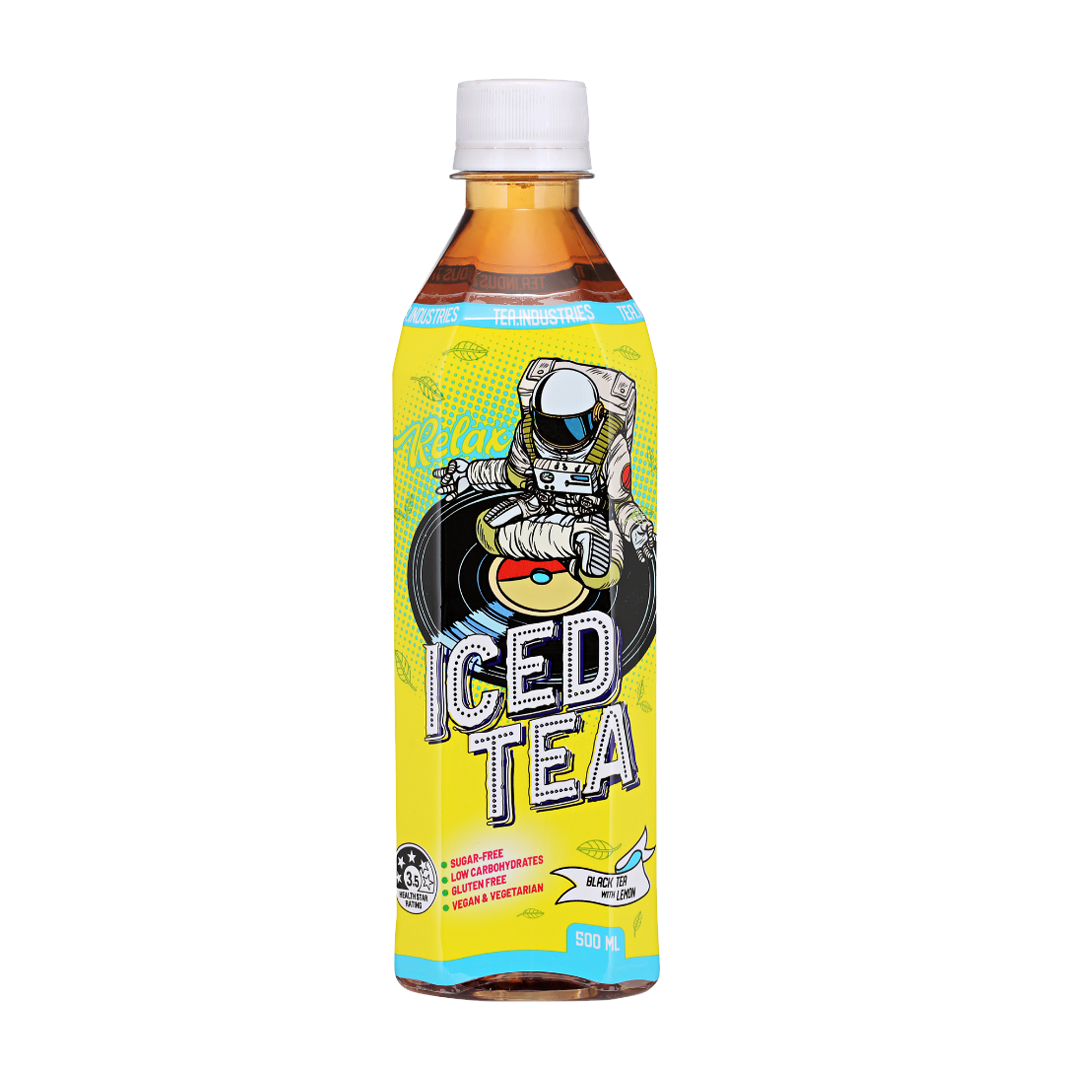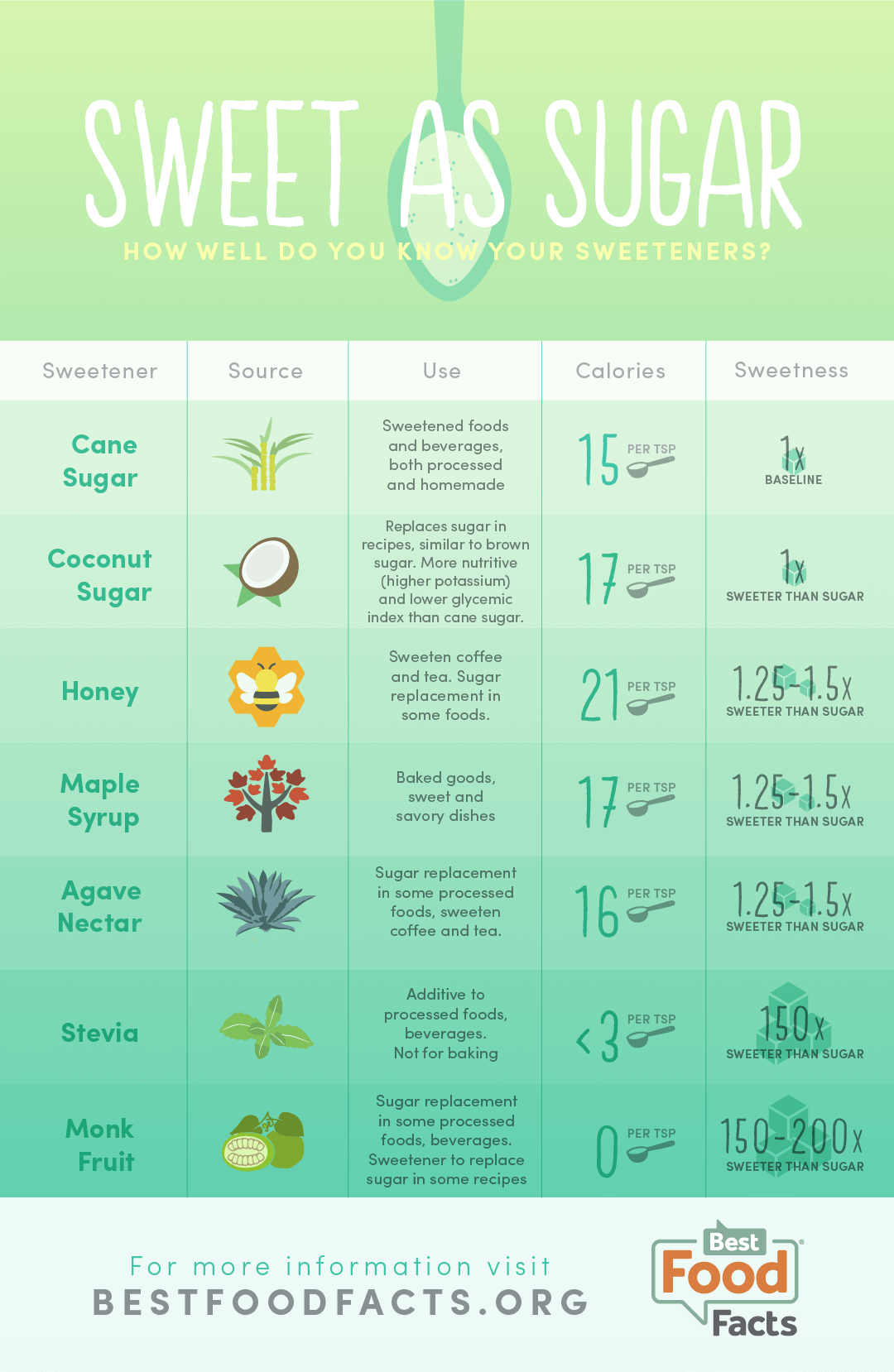We often get asked what no artificial sweeteners really means — and how we make our teas taste great without sugar. Here’s the full story behind our Raspberry Black Tea, straight from our product spec sheet and R&D team.
Q1. Why did you choose zero sugar and no artificial sweeteners?
Most iced teas on the market are either packed with sugar or rely on artificial sweeteners. At the same time, around 1 in 4 kids and 2 in 3 adults are overweight or obese.
We wanted a drink that helps, not hurts — a crisp black tea with real flavor, zero sugar, and no artificial sweeteners.
Q2. What do you mean by “no artificial sweeteners”?
We don’t use aspartame, sucralose, acesulfame-K, saccharin, cyclamates, or neotame.
Instead, we use a natural stevia blend (steviol glycosides) and a small amount of erythritol to round out taste. Both are non-caloric, naturally derived, and permitted for use in Australia, the US, UK, and EU.
Q3. Aren’t stevia and erythritol still processed?
Yes — all food-grade sweeteners (including sugar and honey) are processed for purity and safety.
Our commitment is clean label + minimal effective dose: short ingredient lists, simple recipes, and quantities well below regulatory intake thresholds.
Q4. How much is in one can?
Each 16 oz (473 mL) can of Tea Industries Raspberry Black Tea contains:
-
Stevia (as steviol glycosides): ~2.5 mg per can
-
Erythritol: ~2.5 g per can
That’s less than 1% of typical daily intake limits for either sweetener.
Exact figures are printed on the Nutrition Panel and available in our spec sheet (scan the QR code on the can).
Q5. Why add erythritol if your first range used only a trace of stevia?
You told us you loved the clean taste, but wanted a touch more sweetness.
Erythritol lets us enhance sweetness naturally and smooth out stevia’s sharper edges — so the tea tastes round, crisp, and refreshing, without sugar or artificial sweeteners.
Q6. Will this spike blood sugar or insulin?
No. Both stevia and erythritol are non-glycaemic sweeteners, meaning they don’t raise blood glucose or insulin levels like sugar does.
Still, everyone’s metabolism is unique — if you monitor blood sugar, consider checking your individual response.
Q7. Do sugar alcohols cause gut issues?
Some people experience mild GI discomfort after consuming 20–30 g of sugar alcohols in a short period.
Each can of our tea has just 2.5 g erythritol — well below that range. If you’re very sensitive, start with one can and see how you feel.
Q8. Why not just “real sugar in moderation”?
Most ready-to-drink teas already exceed “moderation,” often with 20–40 g of sugar per serve.
Our version delivers the same enjoyment with only ~5 calories per can and zero sugar, so you can enjoy it daily without the crash, cavities, or calorie load.
Q9. How does this help families and schools?
Kids and teens often default to sugary drinks.
We designed Raspberry Black Tea to be school- and canteen-friendly — a naturally flavored, low-calorie drink that fits into healthy programs without artificial additives or added sugars.
Q10. Is this safe for kids or during pregnancy?
All of our ingredients are approved for use in mainstream food and beverage products.
That said, individual needs can vary — especially during pregnancy or for young children — so it’s best to check with your healthcare professional.
Q11. Are your sweeteners “natural”?
Stevia is extracted from the stevia plant, and erythritol is fermentation-derived (a sugar alcohol found naturally in fruits like grapes and pears).
“Natural” isn’t a regulated term in every market, so we prefer transparency: clear ingredients, precise quantities, and full documentation.
Q12. Artificial vs “natural”: aren’t the long-term effects similar?
Research is ongoing for all sweeteners — including sugar itself.
Our philosophy is transparency and moderation: simple recipes, minimal quantities, and clear labeling so you can make informed choices.
Q13. What problem are you solving in the iced tea aisle?
We saw three recurring issues:
-
Too much sugar — high calories and poor dental health.
-
Artificial sweeteners — aftertaste and safety concerns.
-
“Healthy but bland” drinks — no joy in flavor.
Our iced tea solves all three: clean ingredients, balanced taste, and a genuinely enjoyable daily drink.
Q14. Will you offer unsweetened versions?
Yes! We’re actively testing unsweetened and extra-light variants right now.
If that’s something you’d like, let us know — community feedback directly shapes our next production runs.
Q15. Can athletes drink this? What about caffeine?
Yes — it’s a low-calorie hydration option with natural caffeine from black tea extract.
Each 16 oz can contains ~30–40 mg caffeine, similar to a mild cup of tea.
Q16. How do you guarantee quality?
We batch-test every production run for pH, flavor, and microbial safety.
Each can is nitrogen-dosed for freshness and packed under strict cold-fill hygiene controls.
Scan the QR on your can for the full Lab & Spec Sheet — including sweetness levels, caffeine content, and test results.
Q17. Bottom line — why not just use artificial sweeteners?
Because choosing better shouldn’t mean compromising on taste.
With most iced teas stuck between sugar overload and artificial additives, we built a third path:
Clean label. Zero sugar. No artificial sweeteners. Real tea taste.
